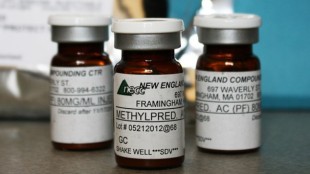Jumping on the Ban-wagon: As Vaping Associated Illnesses Rise, Governments and Corporations Take Action
(Source) As of September 17, 2019, there have been 7 reported deaths and 530 cases of lung injury associated with e-cigarettes and vaping. Doctors across the country are struggling to determine the true cause of this illness with a high incidence among vape product users. Doctors are unable to even prescribe a uniform diagnosis to the condition, with some using the term “vaping-associated lung injury,” or “VALI.” Many believe these vaping-related illnesses are due to additives—namely Vitamin E acetate—found in some THC vaping products. The Center for Disease Control and Prevention (CDC) has detected Vitamin E acetate in many of the samples tested during , but it has not been present in all. While the CDC cannot conclusively determine that Vitamin E acetate is the cause of these mysterious illnesses, they recommend avoiding inhaling the oil. In response to this mysterious vaping illness, governments and private corporations alike are striving to heavily regulate e-cigarettes and vaping products. On September 11, 2019, the Trump administration announced it would seek to ban the sale of flavored e-cigarettes at the federal level. The U.S. Food and Drug Administration (FDA) is currently outlining a plan to remove all non-tobacco flavored e-cigarettes and nicotine [read more]



